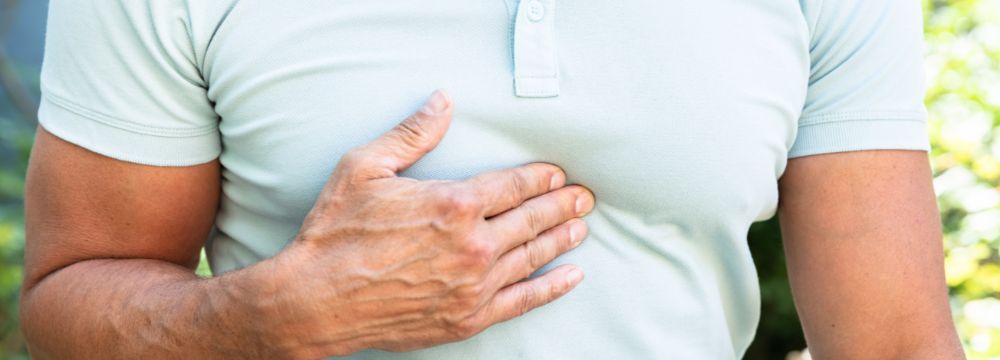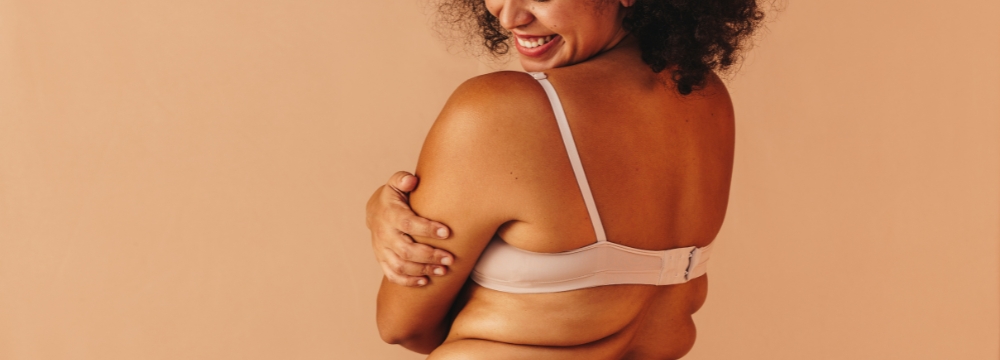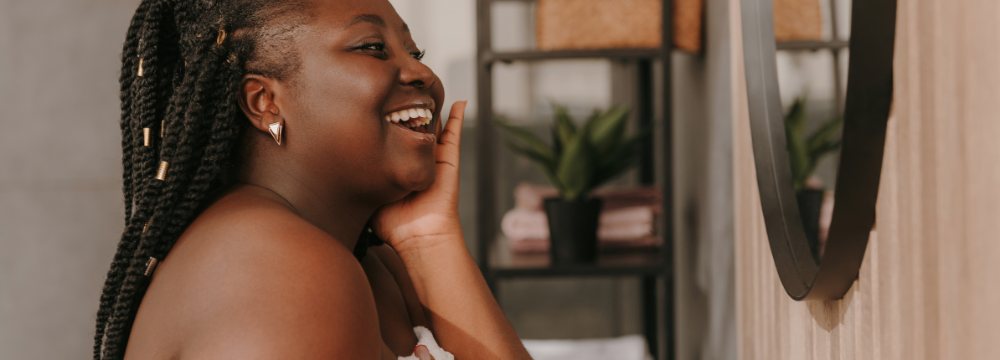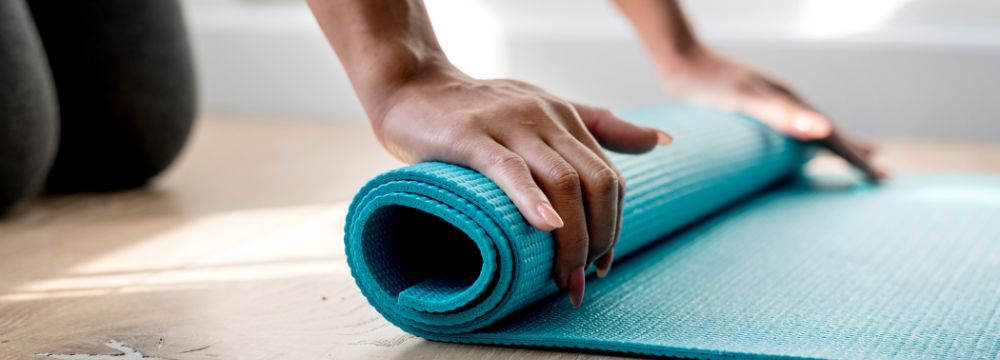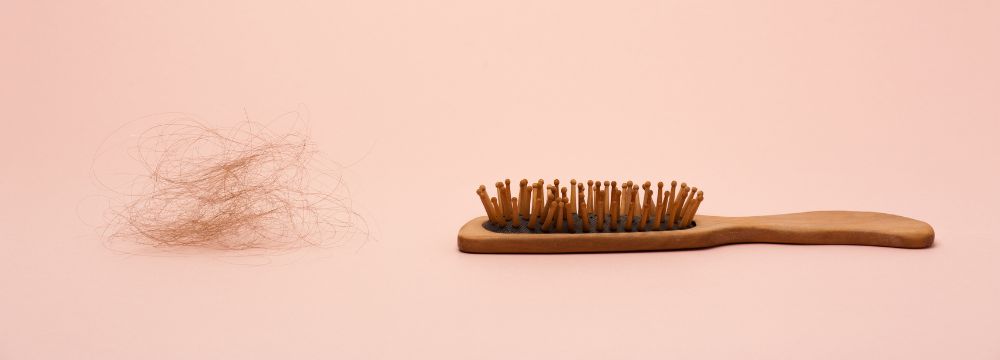After Bariatric Surgery
The gastric sleeve, also known as sleeve gastrectomy, is the most popular bariatric surgical procedure in the United States, and for good reason. It is a relatively straightforward procedure that removes approximately 85% of the existing stomach pouch, which creates restriction, a reduction in the amount of food that a patient can eat, and significant curtailment of hunger due to the removal of the fundus of the stomach that controls the secretion of the hunger hormone known as ghrelin.
It would seem, therefore, that it’s almost the perfect bariatric surgery. However, it has a significant potential drawback in the form of an increased risk of new or worsened gastric reflux.
The stomach is a relatively high-pressure pouch structure. It has two valves: the lower esophageal sphincter at the top, which separates the esophagus from the stomach, and the stoma at the bottom, which regulates the outflow of partially digested food into the sensitive small intestine. During the gastric sleeve, the outer portion of the stomach is separated and removed from the abdomen. Because the valves are still intact, the pressure within the newly formed sleeve can increase significantly. With that, one of these two valves has to give, usually the esophageal one. The result? Gastric juices can push into the esophagus and cause discomfort, known as reflux.
Some years ago, the incidence of reflux after a gastric sleeve was in the 20% range. It was something that most patients would have to understand and, ultimately, a risk that they needed to be comfortable with. However, as we have refined our patient selection and improved our techniques, this rate has dropped by about half. One of the most significant changes was to actively seek out hiatal hernias, which were often a cause of this new or worsened GERD. Fortunately, we can repair a hiatal hernia very quickly during the primary bariatric procedure, making the bariatric portion of the surgery even more effective.
That said, you can do plenty to reduce the risk of reflux after a sleeve. Importantly, your lifestyle habits need to change. As you lose weight, your risk for continued reflux will diminish dramatically as the intra-abdominal pressure caused by adipose or fat tissue is reduced. However, other anti-reflux tactics are also important. For one, you must quit smoking. It can cause additional risk for reflux, not to mention contributing significantly to the risk of the surgery itself. You may also wish to change your bedtime habits by eating earlier in the day, well before you go to sleep, and sleeping on your left side tends to improve reflux at night. You can also make some changes to the foods you eat by avoiding overfilling your new pouch, staying away from spicy food, and avoiding some of the biggest triggers for acid reflux, which can include chocolate, tomatoes, certain gluten-based products, onions, garlic and more. Keeping a running journal of your meals may be beneficial to see how you feel afterward.
Procedural Interventions
After your gastric sleeve, you may need a follow-up procedure to address significant Gerd. One option is a conversion to gastric bypass, which can be considered an anti-reflux and anti-diabetes surgery as much as it is a weight loss one. Virtually all gastric bypass patients have excellent GERD management and relief.
We also offer a very effective device known as the LINX reflux management system, which can be placed at the top of the stomach even after a gastric sleeve. This small bracelet, composed of magnetic titanium beads and a magnetic clasp, is similar in effectiveness to a fundoplication. A minimally invasive fundoplication surgical procedure cannot be performed after a gastric sleeve due to the removal of stomach tissue.
If you are experiencing acid reflux after your bariatric procedure, we encourage you to contact our office to schedule a consultation with Drs. Huguet or Peterson to learn more about the condition and possible options. You do not need to live with reflux after your bariatric procedure. Indeed, many of our patients are surprised at the straightforward options for managing it. We look forward to helping you, too.

